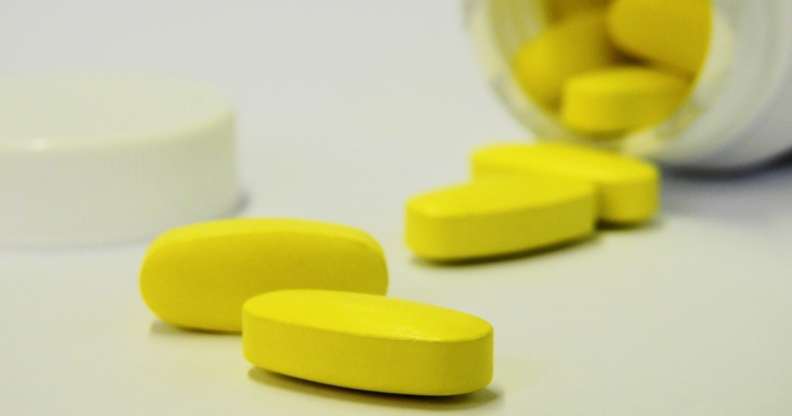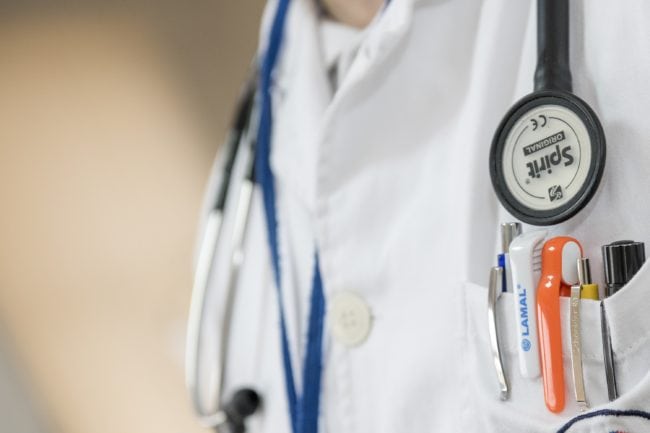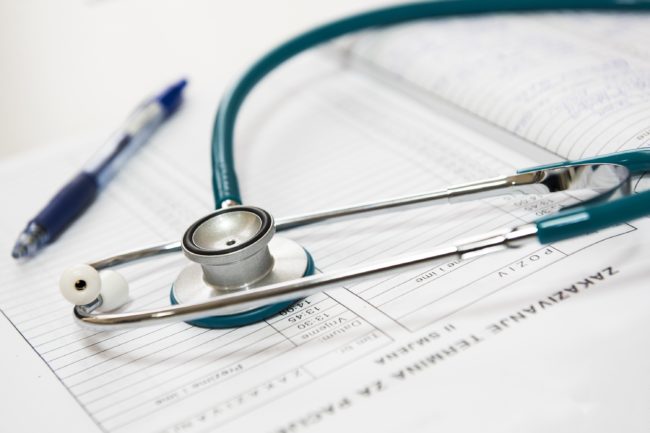Rimming is causing an outbreak of infection in gay men

Pexels
There has been a recent spike in the number of gay and bisexual men presenting with a rare infection in parts of the US.
Men who have sex with men (MSM) are especially at risk of contracting the unusual infection, which is called Shigella, through rimming, according to the American Centres for Disease Control and Prevention.

Pexels
Shigella is contracted when faecal matter gets into the stomach and causes an infection in the intestines. The symptoms – which include diarrhoea, fever and abdominal pain and can last up to a week – can be extremely painful and uncomfortable.
Outbreaks among gay and bisexual men have been reported in the US, Australia, Canada, Japan and Europe since 1999.
The infection is spreading so rapidly in San Diego that health professionals had to issue an advisory document over it last month, which warned that gay and bisexual men and homeless people were most at risk.
San Diego experienced its highest number of cases of Shigella in 20 years in 2017, which a particular increase in the numbers of gay and bisexual men presenting with the infection.
Shigella – which is closely related to E.coli – can be caught from rimming and oral sex, although rimming is thought to be the cause of most cases in the gay community.
According to outbreaknewstoday.com, the number of cases of Shigella tends to go up in late summer and autumn.

Getty
The LGBT Foundation is suggesting that people take measures to lower their risk, like washing their hands and body after sex. They also suggest using dental dams if rimming and condoms for oral sex.
If you think you might have Shigella, you should see a GP or visit a sexual health clinic and explain that you think you might have picked up an infection through sex.
The American Centres for Disease Control and Prevention also recommend that people who do contract Shigella stay away from sex at least until the diarrhoea has stopped, but suggest waiting a few weeks after that too.
Most cases of Shigella pass within five to seven days, however severe cases can last beyond that and may require antibiotics.

